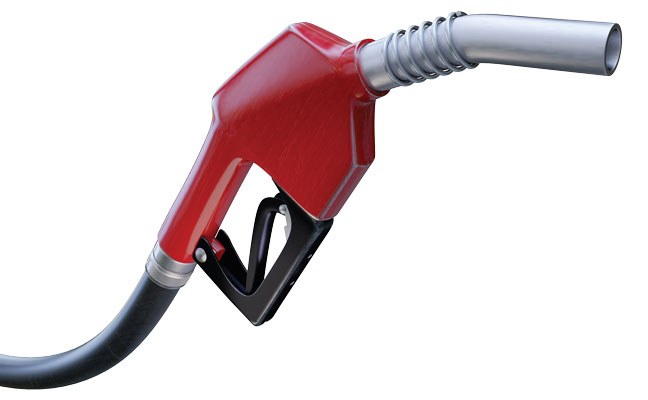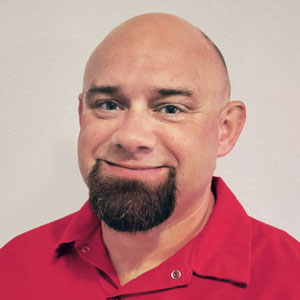
PHOTO: ISTMYLISA/ISTOCK / GETTY IMAGES PLUS/GETTY IMAGES
Not long ago, one of my newer technicians called the office — we’ll call him Jake.
Jake wasn’t a happy camper. He ran a route that was perhaps 45 minutes away from home base, where he was stuck at a gas station trying to fill up. His card was declined; the card was maxed out.
It was frustrating, for sure, but also puzzling. That route had been run for years by other techs, and even by me, and never once did we have this problem. It was only the 15th of the month.
Long story short, we learned that each day, around 11 a.m., Jake would hightail it back to town to have lunch with his buddies. Then he would drive back to his route and finish his day.
Let’s just say, Jake’s little rendezvous didn’t continue.
COST BREAKDOWN
In business, there are two types of costs: fixed and variable. Fixed costs such as rent, vehicle payments, payroll, needed services, etc. — these are recurring costs, basically, and the same every month. Almost any business can easily budget for them.
Variable costs often are unforeseen and tough to plan for. Vehicle accidents, equipment breakdowns or a sudden disaster can wreak havoc on cashflow and budgets, among other things. These costs are not recurring or foreseeable, but a smart manager uses strategies to help cushion the blow for such events.
Let’s face it, you can’t possibly plan and budget for anything major or catastrophic. (Can you say COVID-19?) There is, however, one variable cost we don’t necessarily put in that category. In fact, we often label it as a fixed cost: fuel.
While I understand it is a recurring cost and one we can’t avoid or eliminate, it is never the same year by year, month by month — or even on any given day. As good stewards of our businesses, we should have policies and procedures in place to come as close to “fixing” this cost as we can, yet allotting for some flexibility.
COST-SAVING TIPS
There are literally hundreds of ways we can lower fuel costs, but the most obvious is less windshield time. Tight, well-thought-out routes and scheduling are the best ways to get that done. While this requires some work, there are many pest control business software programs capable of automatically setting it up.
Vehicle maintenance also is high on the list: Vehicles in good shape run better, simple as that. Gas cards with cash back or rewards; dense routes; more efficient vehicle choice; lighter loads; incentives for techs who hit certain gas-saving goals and so much more — all of these can help lower fuel costs.
In the end, it’s the managers who treat this variable cost as something they can “fix” who will lower their fuel costs the most. Of course, your mileage may vary!

Mark Whorton
Tips from the Pest Cemetery crew
“I bought a new V6 Dodge Ram that gets 18-plus miles per gallon, vs. the old one that got 8.5 miles per gallon. Problem solved!”
— Mark Whorton, President, Whorton’s Pest Control, Cross Roads, Ala.

Charlee Messina
“The vehicles are up to snuff, and the routes are tight based on location. Windshield time can be maintained if you’re organized and have the ability to rely on other teammates who may be better suited to service stops based on each tech’s service location.”
— Charlee Messina, Research & Development Specialist, Florida Pest Control, Gainesville, Fla.

Bob Keith
“I optimize one to two weeks ahead. Techs get mad at me because they don’t have time to even charge their phone before they get to the next stop, which is usually one street or neighborhood over.”
— Bob Keith, President, Safe Earth Pest Control, Rockwall, Texas

Tom Miché
“It’s all about planning. We hold meetings and do inventory every week to minimize unnecessary drive time. We also schedule recurring services in tight-knit clusters, and hire locally to further reduce windshield time.”
— Tom Miché, President, Miché Pest Control, Manassas, Va.
SCHAPPERT is owner of The Bug Doctor, Ocala, Fla., and administrator for Facebook industry discussion group Pest Cemetery. He may be reached at bugdoctor@embarqmail.com.
Leave A Comment